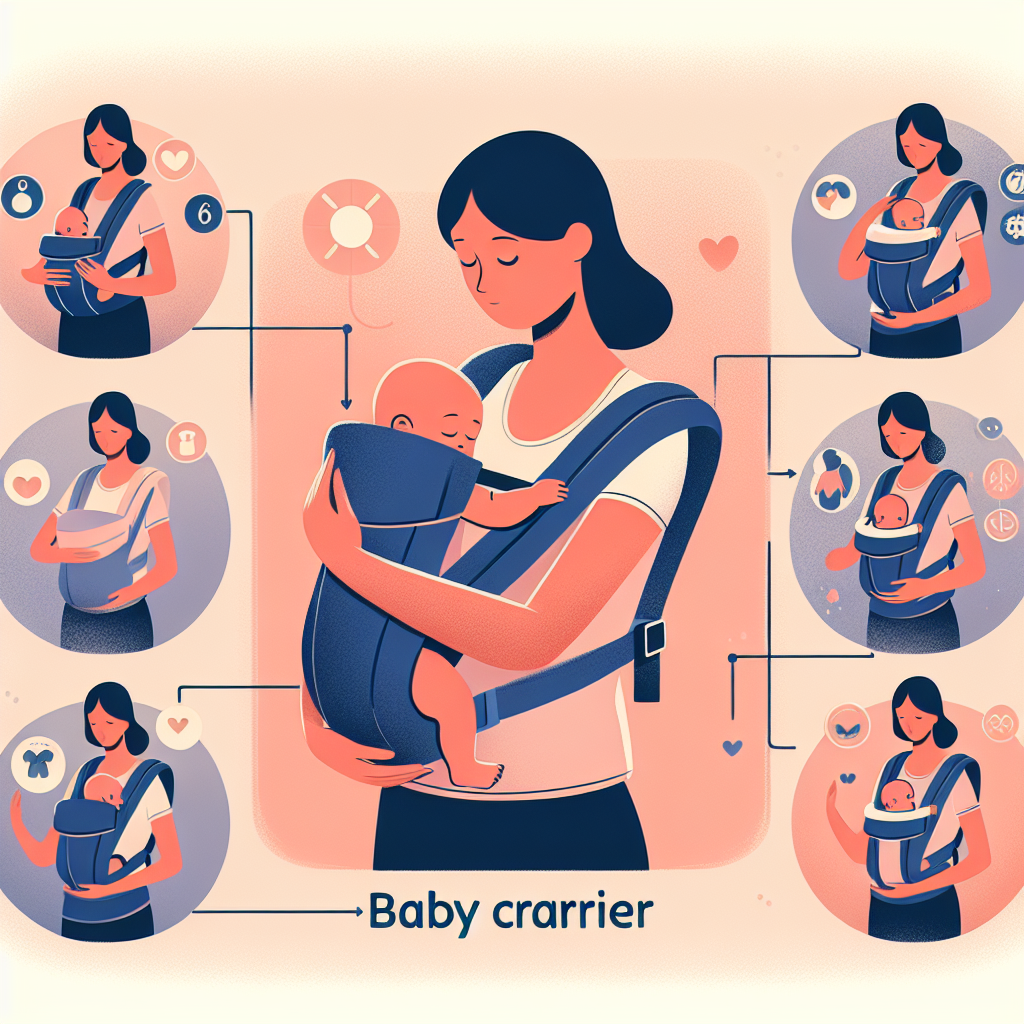Child Development: A Complete Guide to the Essential Stages
From the first clumsy steps to the first articulate words, a child's development is a miracle that often leaves parents amazed and at the same time worried if everything is going as expected. This article aims to be a clear and detailed guide, giving parents the information they need to successfully navigate through the essential stages of their own children's development.
Motor Development
The basis of motor development are the movements that the child performs, from the simplest, such as grabbing an object, to running and jumping. In the first months of life, the baby learns to control the movements of its head and limbs, then begins to roll over, sit on its stomach and finally sit unsupervised. Between 9 and 18 months, most children begin to walk, initially helped by objects or their parents' hands, and then become more and more independent.
We must remember that each child develops at his own pace and it is important not to force these stages, but rather to facilitate and support them. Toys that stimulate movement, a safe environment for exploration and encouraging their efforts are best practices for supporting motor development.
Language development
Language is another vital aspect of child development. Long before the little one utters the first intelligible words, it is essential to communicate with him. Singing, reading nursery rhymes and simply talking to your baby helps develop communication skills.
By around 12 months of age, most babies can say "mummy" and "daddy" and a few other simple words, and their vocabulary grows rapidly over the next month. Through encouragement, repetition and constant interaction, language development can be stimulated in a positive way. At the same time, it is important to recognize and respond appropriately to the child's verbal efforts in order to motivate him to continue learning and using language.
Conclusion
In short, child development is a complex process, unique to each little one, and which includes countless variables and stages. It is essential that parents are informed, patient and provide adequate support during each stage. The more the child feels that he is supported and encouraged, the more easily and confidently he will advance on his path to independence and self-development.
We encourage you to visit our section specially dedicated to children's accessories, where you can find the necessary utensils to facilitate the harmonious development of the little ones. Also, feel free to subscribe to our newsletter to receive the latest tips and resources for parents and children.



















































































































































